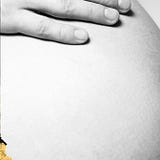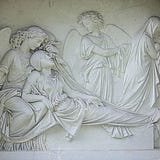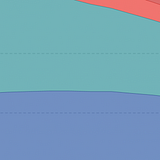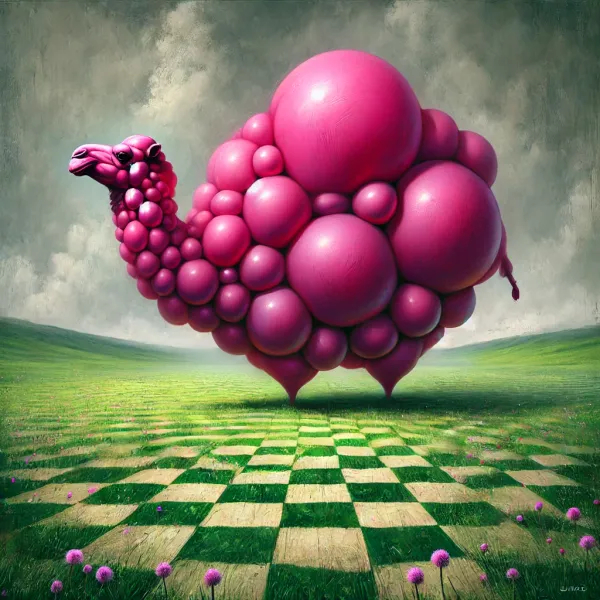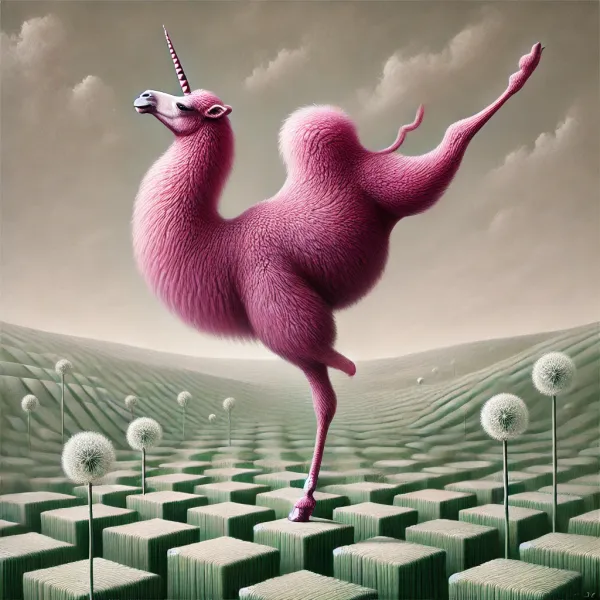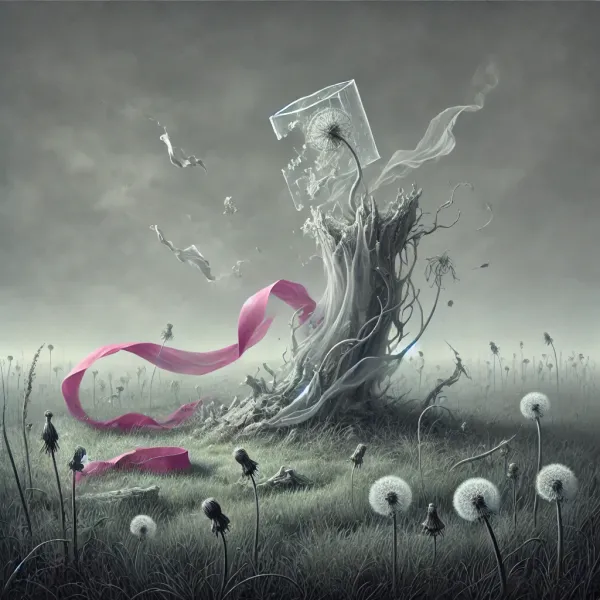101 Things That Can Be Different In the Future: #5 Having Babies
Are you ready for a world in which having a baby is independent of your age, sex, and gender, but merely a question of access to medicine?
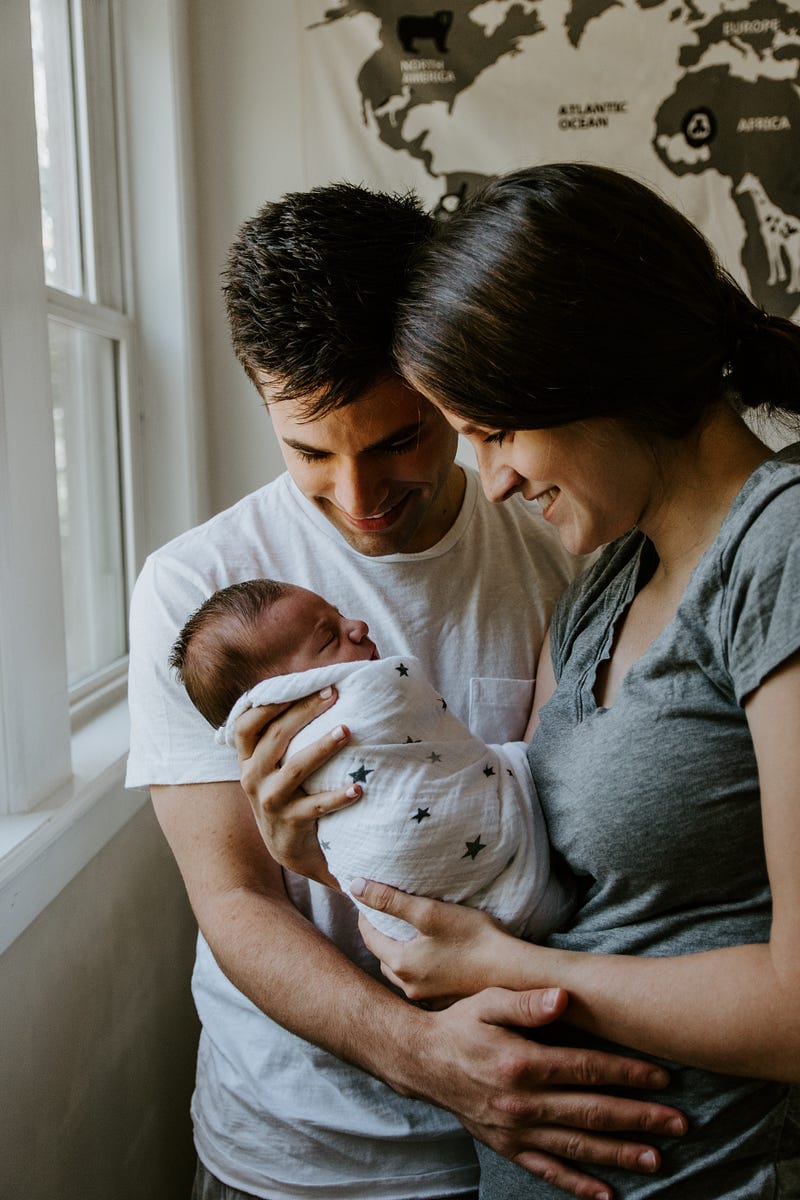
The bees and the flowers — the oldest story of humanity. Reproduction is what brought humanity to the point we are now.
But the process of reproduction has undergone major changes in the past decades, with the biggest change yet to come.
For the most part of our history, having children was an exclusive outcome of a relationship between a man and a woman. Though this fact, based on our natural biology, was accompanied by a lot of changes in our social constructs around that matter.
Families were big constructs over centuries, and although there was a biological mother, motherhood was not thought of in a narrow way, as we are applying this word today. Families were commonly working together, mostly in agricultural settings.
The idea of a mother taking care solely of her children was only introduced in the midst of the last century. (This being true for western societies, rural areas in developing countries of the world, still have a different reality today.)
The cut into this social construct was the market introduction of the pill in the early 60s. Suddenly, besides unreliable ancient techniques, women started to have a choice, if they wanted to submit their bodies to their biological function or not.
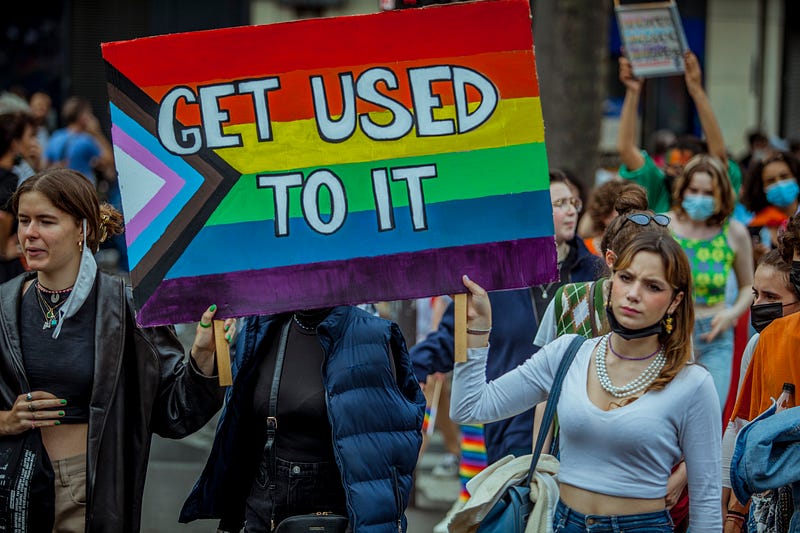
The 70s held the next disruption. It was the decade of revolution, and major social changes were ongoing. With it came more rights for women to take ownership of their own life. Surrogacy, though already an ancient practice, became popular and contractually regulated.
And in 1978 the first baby was born, conceived in-vitro.
Not only women could opt not to have children, but it also started to be possible to have children, even if not possible in the traditional way.
Also, it became a widely available practice to freeze men’s sperm.
From this point on, sex became more and more untangled from conception. But the concept that a woman is the mother stayed.
Although the movement had its roots already in the 60s, in the 90s same-sex relationships became more and more visible and accepted (they were always there of course, in some ages more accepted than in others).
The new Millenium brought further changes. Step by step legal barriers for same-sex relationships fell, and the activist groups fought for more and more equality to the traditional social construct of man and woman.
Although we are still not there, the LGBT community has reached a lot in the last 20 years.
With further challenging our social constructs of relationships, consequently, the definition of family, motherhood, and parenthood is on the stand.
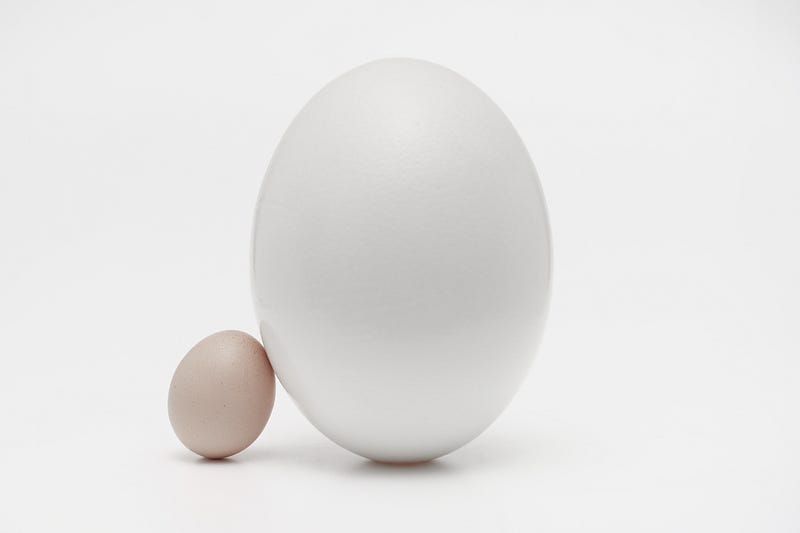
But where does that leave us in terms of reproduction?
The first known birth by a transgender man happened already back in 2008.
And by 2019 more than a dozen babies were born after womb transplants.
Although currently wombs are transplanted into biological women, recent research does imply that it does not have to be like that in the future to come.
An Australian research team reported in 2021 that they created artificial wombs supporting lambs outside their mother's body. Research in this field is ongoing, with a Dutch group of researchers claiming that in the next 10years this possibility will exist for humans.
Though currently this research is directed to help prematurely delivered babies further develop in an artificial womb, it does not need a lot of imagination, what else would be possible.
Furthermore, there are several start-up companies, well funded, by the way, dedicating their research to the creation of human eggs out of the body cells of an adult. Though the milestones of this research start with creating eggs from female cells, in a further stage eggs could be created out of male cells equally.
This will lead to a completely new way of reproduction.
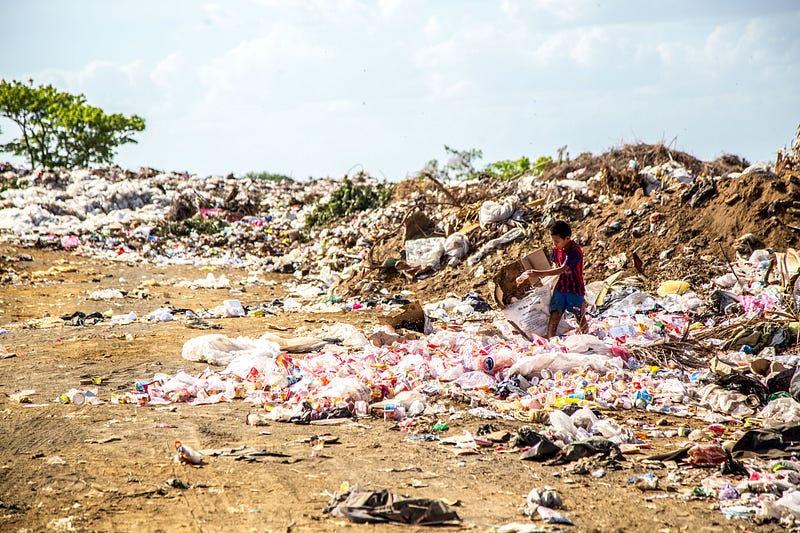
But honestly — those are western world problems. Still, 300,000 women die each year in childbirth. 85% of this number is in low developed countries.
25,000 women die each year due to unsafe abortion practices (not believing this number will decrease given ongoing political changes in many countries).
The ongoing research in reproductive medicine suggests, that these differences in the world will only grow bigger.
And given the ongoing debate about abortion, the discussion of who, with whom and when has the right (or the privilege) to conceive a child. It is assumable that the results of this discussion will have a very different outcomes throughout the world based on religion, culture, political system, and history.
Where do you stand in this debate?
Are you ready for a world in which having a baby is independent of your age, sex, and gender, but merely a question of access to medicine?
This article is part of the series 101 Things that can be different in the future. If you are interested in any specific topic or have other signals to show please comment or reach out to me
If you are not already a member of Medium, you should become one! If you use the link below, your membership fee directly supports me and other writers you read. You’ll also get full access to every story on Medium.

Sources and signals:
